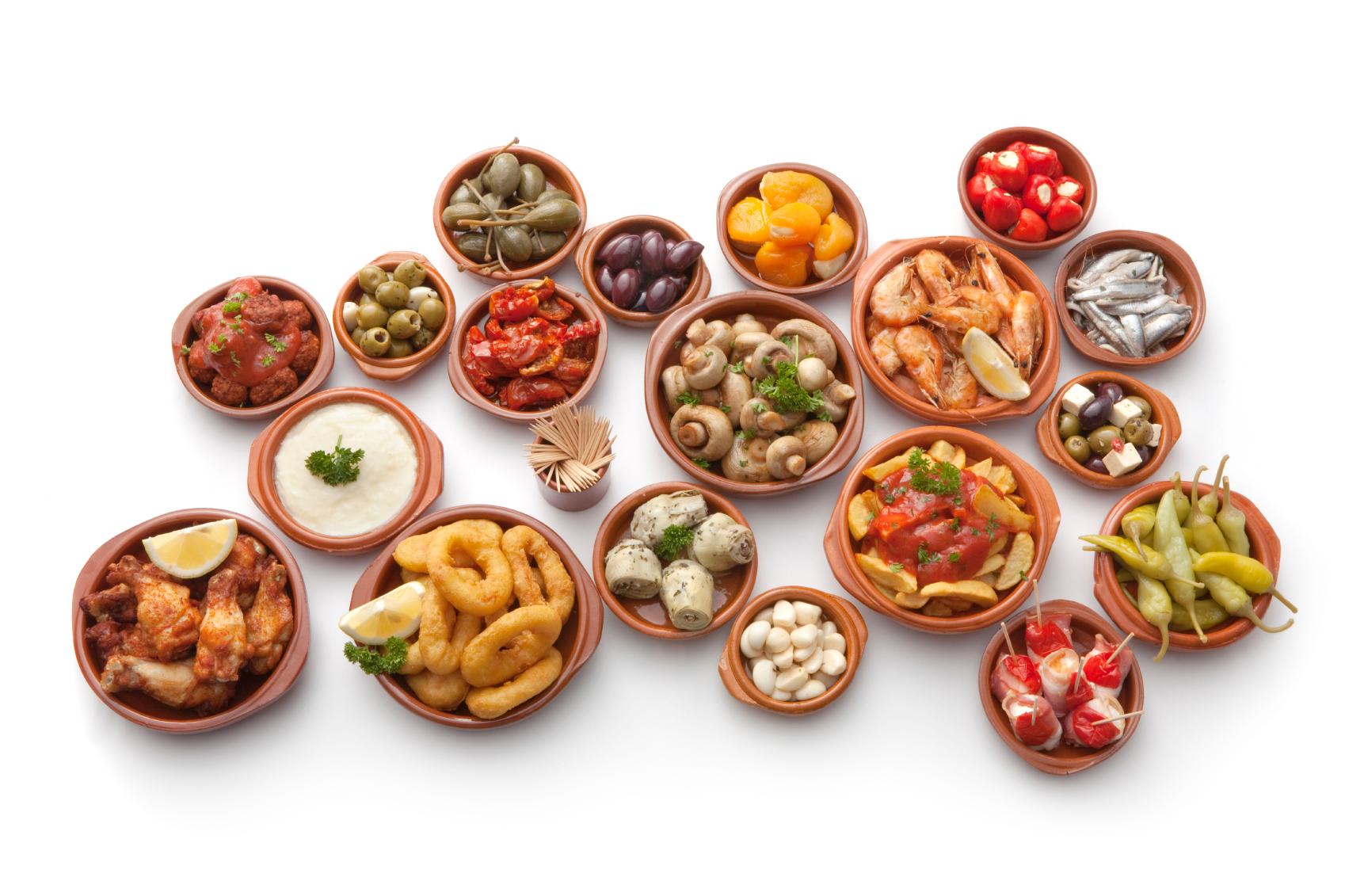Therapy Benefits of Gardening
5 Benefits of Gardening
Children and adults alike can gain so many benefits from gardening. So many life skills can be nurtured, fostered, and enjoyed through an activity such as gardening. While gardening might not immediately come to mind as a developmental tool for children, the work done in a garden is often a catalyst for significant growth in 5 key areas: sensory development, motor development, cognitive development, social development and emotional development.
1. Sensory Development:
A garden provides ample opportunity to expose children to an array of rich sensory stimuli, such as leaves, dirt, flowers, stems, and roots. These items have an incredible amount of tactile input and widely vary in texture, temperature, and weight to name a few. The immersive environment a garden can offer provides visual, auditory, and tactile stimulation.
Therapy Tips:
- Pay attention to the various noises outside, and ask questions about them. Is their wind that you can hear outside? Rain? Buzzing bees? Sounds of motors?
- Observe the sights around you. Describe what you see. Talk about the various colors you notice.
- Notice how you physically feel as you garden. What does dirt feel like in your hands? Are your muscles fatigued from kneeling?
2. Motor Development:
Planting a seed isn't just planting. Planting a seed is an activity that works on one's dexterity and coordination simultaneously! Gardening provides one with lots of opportunity to build muscle and endurance, as well as practice coordination through the use of tools (such as shovels and rakes) and physical movements such as digging, scooping, carrying items, and sitting. Many of these activities provides opportunity to practice bi-lateral coordination.
3. Cognitive development:
Working on any activity, such as gardening, can provide ample opportunity for cognitive development as well as promote creativity and reduce overall stress. When gardening with children, model behavior and provide age-appropriate instructions to your child. They will learn through this behavior modeling and will improve their listening skills & receptive language skills. Watching plants grow and taking proper care of plants in the garden will also help children develop cognitively as they develop greater understanding of sequencing.
4. Social development:
Make gardening a social activity! Work together as a team as you create, remake, or tend to a garden! Communicate who is doing what task, work side-by-side, and discuss the greater impact of gardening has! The conversations are endless! Discuss the products of gardening, such as fruits, vegetables or flowers. Discuss the feeling you have when gardening. Talk about the impact gardening has on other living creatures, such as bees, birds, worms or butterflies!
5. Emotional development:
Building upon conversations that often occur when gardening together, think about and discuss the larger impact gardening can have. This helps children to develop emotional concepts like cooperation, hard work and empathy.
- Think about the impact this can have on a neighborhood. Does the garden elicit joy from others?
- How does gardening help the environmental? Will the tree you planted help keep the air clean?
- What impact does the garden have on other living creatures? Did you create a home for a bird?
- Does gardening produce food? How much time and effort does it take?








